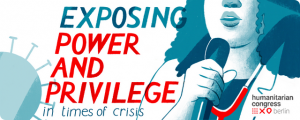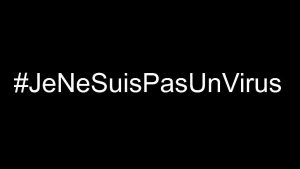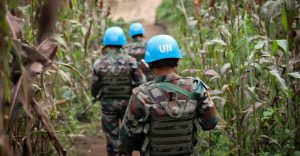The traditional one-to-one relation between development and economic growth has given way to a more holistic understanding of the term that encompasses social, environmental and economic wellbeing. Among other theories, Kleine’s approach proffers the idea of development as the freedom of choice – personal, social, economic and political – which a person may value most. In this context, ICT4D work as invaluable catalyzers for human advancement to help people achieve different ‘degrees of empowerment’ regarding choice capabilities. Needless to say, the volunteering sector has been at the cutting edge of ICTs in their strife to ameliorate community life conditions, taking into consideration their impact on the quality and quantity outcomes of volunteering agency.

Continue reading
 The Impossible Decisions: Triaging In A Pandemic session will take place on Friday 30 October, check back later for a summary!
Continue reading
The Impossible Decisions: Triaging In A Pandemic session will take place on Friday 30 October, check back later for a summary!
Continue reading  The Impossible Decisions: Triaging In A Pandemic session will take place on Friday 30 October, check back later for a summary!
Continue reading
The Impossible Decisions: Triaging In A Pandemic session will take place on Friday 30 October, check back later for a summary!
Continue reading 











